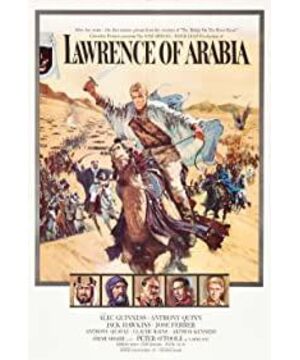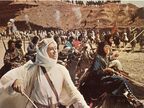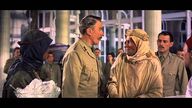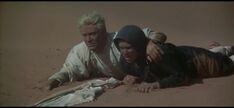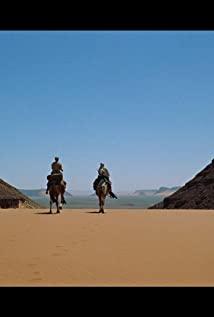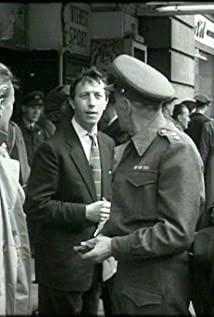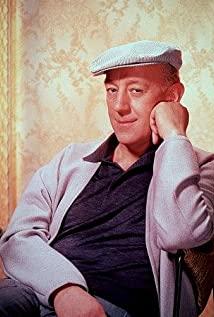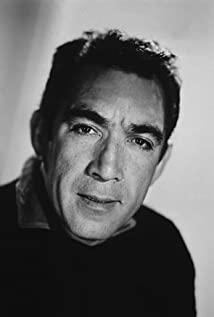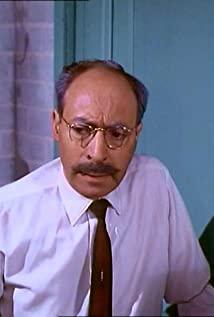In the thick oracle bone inscriptions, I actually finished reading Lawrence of Arabia. I have to say that although it is a biography, it is still interesting to read. It seems that a good writer is able to write the original boring things vividly and interestingly.
All of this stemmed from the "Dune" movie. People kept comparing "Lawrence of Arabia" and "Dune", and finally aroused interest and opened this long-lost movie. The four-hour movie, complemented by a romantic and charming desert atmosphere, doesn't feel long and exhausting at all. And the interest in the movie was transferred to the book, a thick one, and I read it with great interest. I can only sigh with emotion that World War II is the continuation of World War I, and World War I is the era of the generation of gods and men. All the seemingly impossible, became possible in this chaos.
What kind of feelings can make an idealist; what kind of perseverance can make a mortal leave a heavy makeup in history? There are too many ways to spend one's life, and I belong to the mediocre and boring kind among the thousands, so this kind of heroic life is what I look up to. Only the purest can do such feats. It is difficult to judge merits and demerits, the causes of the past seeds, and the results of the present world, but behind all this is Lawrence's life course that is different from ordinary people. He caught up with the fierce World War I and changed the fate of the Arabian Peninsula.
The big waves wash away the sand, and look at this history in a hundred years. Some are like clowns jumping on a beam, and some are dazzling and become a star hanging in the sky. Although history has mixed praise and criticism for Lawrence, in any case, his contribution to the independence of the Arab world cannot be erased. He is an extremely self-disciplined idealist, and for his own beliefs, he has achieved too many achievements that ordinary people cannot achieve. Movies and books more or less glorify and deify him, but this does not prevent us from admiring and respecting Lawrence's efforts. The chaos a hundred years ago brought chaos a hundred years later. There is no absolute justice and truth in this world, there are only naked conflicts of interests. All wars are written by the victors, the so-called justice is nothing but a later decoration, and the original desire is also the re-division of interests. The war itself is ugly and dark, and the warring parties are simply fighting for the distribution of benefits. No matter how many banners of justice are added, it is difficult to hide the evil behind it. World War I was a war between empires, but the Arabian Peninsula became a victim of the battlefield. After the war, it was ruthlessly dismembered, resulting in a century of wars and disputes. Lawrence alone has only become the perfect cover for the selfishness of the British Empire.
The First World War devastated the Austro-Hungarian Empire and Turkey, and spread to the Arabian Peninsula. With the decline of Ottoman Turkey, the empire was left with only mainland Turkey and much of Arabia before World War I. Turkey was unable to maintain its rule over Arabia, and the awakened Arabia was about to begin to become independent. At this critical moment, Lawrence, an alternative military officer, soldier, and historian, unexpectedly came to the stage and wrote his legend and chapter.
The story in the book is richer. It not only selects Lawrence's frontal perspective, but also tells the front and rear scenes of the Middle East battlefield during World War I from the German and American perspectives, presenting a chaotic and complex three-dimensional picture. And all of this was presented after a lot of deletions. All these are enough to see that the war at that time was complex and chaotic, and everyone wanted a share of the pie.
The film selects several representative and well-known events of Lawrence, and creates an image of persistence, tenacity and strong values. In the Bedouin tribe, through efforts to gain the trust of the Arabs, the originally divided tribes were briefly combined, and in the form of guerrilla warfare in the First World War, the British and French forces defeated the Turkish and German forces.
The whole film is full of double colors of romance and tragic. The endless yellow sand gives people a feeling of desolation, apocalypse, and loneliness. Lawrence is the English among the Arabs and the Arab among the English. He worked too hard in the first half of his life, but because his dream did not come true, he returned to England in despair and never set foot on any part of Arabia in his life.
The image of the Arabs is abrupt and peculiar. They have their own way of life. The nomadic life in the depths of the desert looks as exotic as "Dune", and is far away like an alien planet. However, beneath the surface of everything is different, there are identical hearts that want to be independent and run freely in the desert. The First World War produced many bad consequences, and the fragmentation of the Arab world is undoubtedly the biggest one, and wars are still frequent after a hundred years. The refugee problem affects Europe, causing a chain reaction. The interests of the world are like energy conservation, and what one party demands must be what the other party pays. The glory of the former British Empire is gone, and all the debts are paid by the protectorate. What's more, "Huaibi is responsible", and the scarcity of oil resources will further intensify the contradiction.
Sitting on a camel and wandering in the long desert, watching the yellow sand rising from the sky behind you, there is a sense of desolation in the end of the world, and it is also full of infinite possibilities for the future. On the battlefield, camels and cannons run side by side, looking both absurd and real. Especially when the camel army rushed into the fortress, from a top-down perspective, I fully understood why the cavalry was invincible in the Middle Ages, like entering no man's land.
The movie ends abruptly in Damascus. After Lawrence left Arabia, he never set foot again in the land he loved and fought for. He was the closest to a dream, but vanished in front of British and French selfish interests. The merits and demerits are up to people to say, there have been and have struggled for it, and the dream - is still a dream.
View more about Lawrence of Arabia reviews


